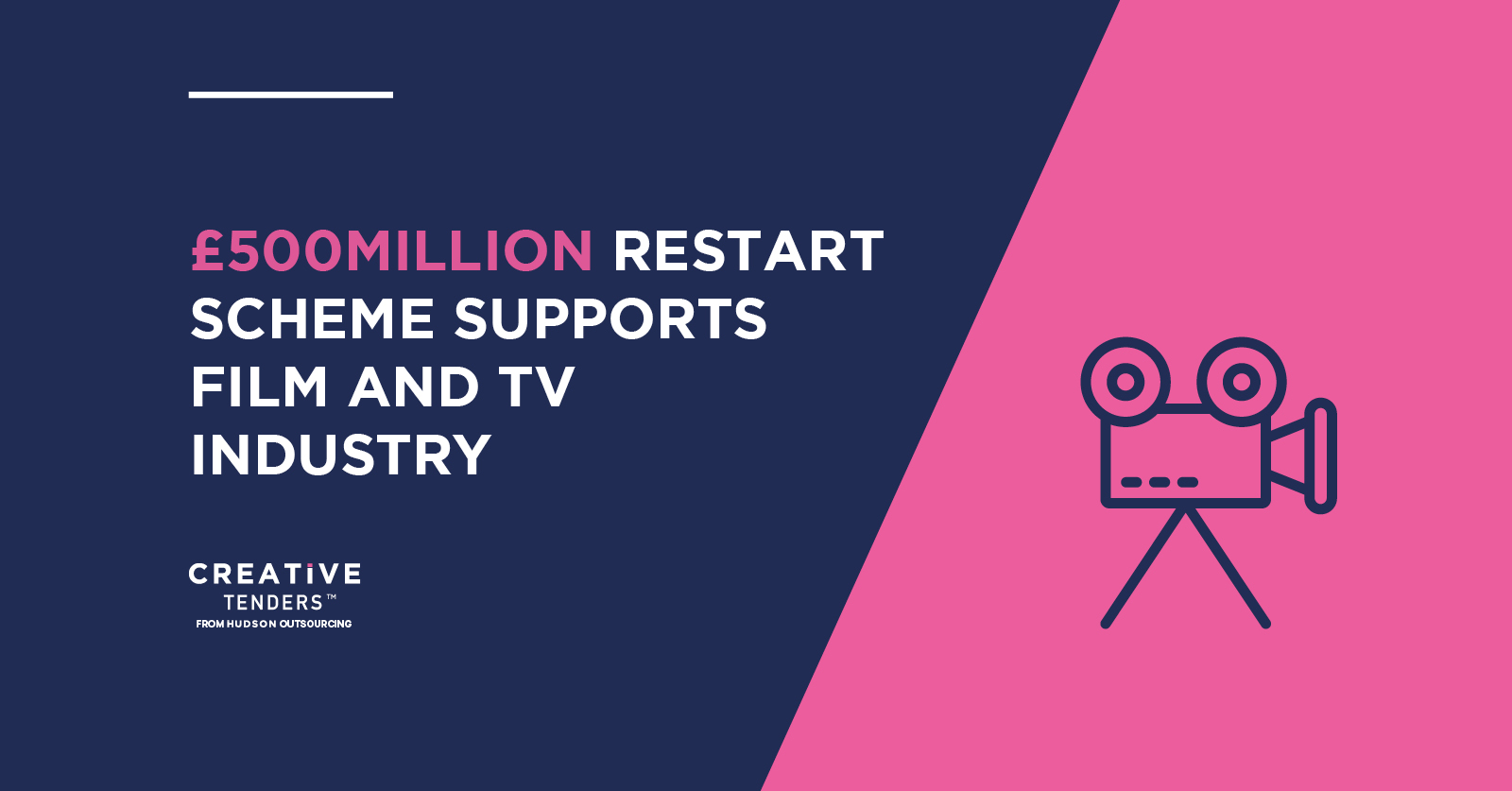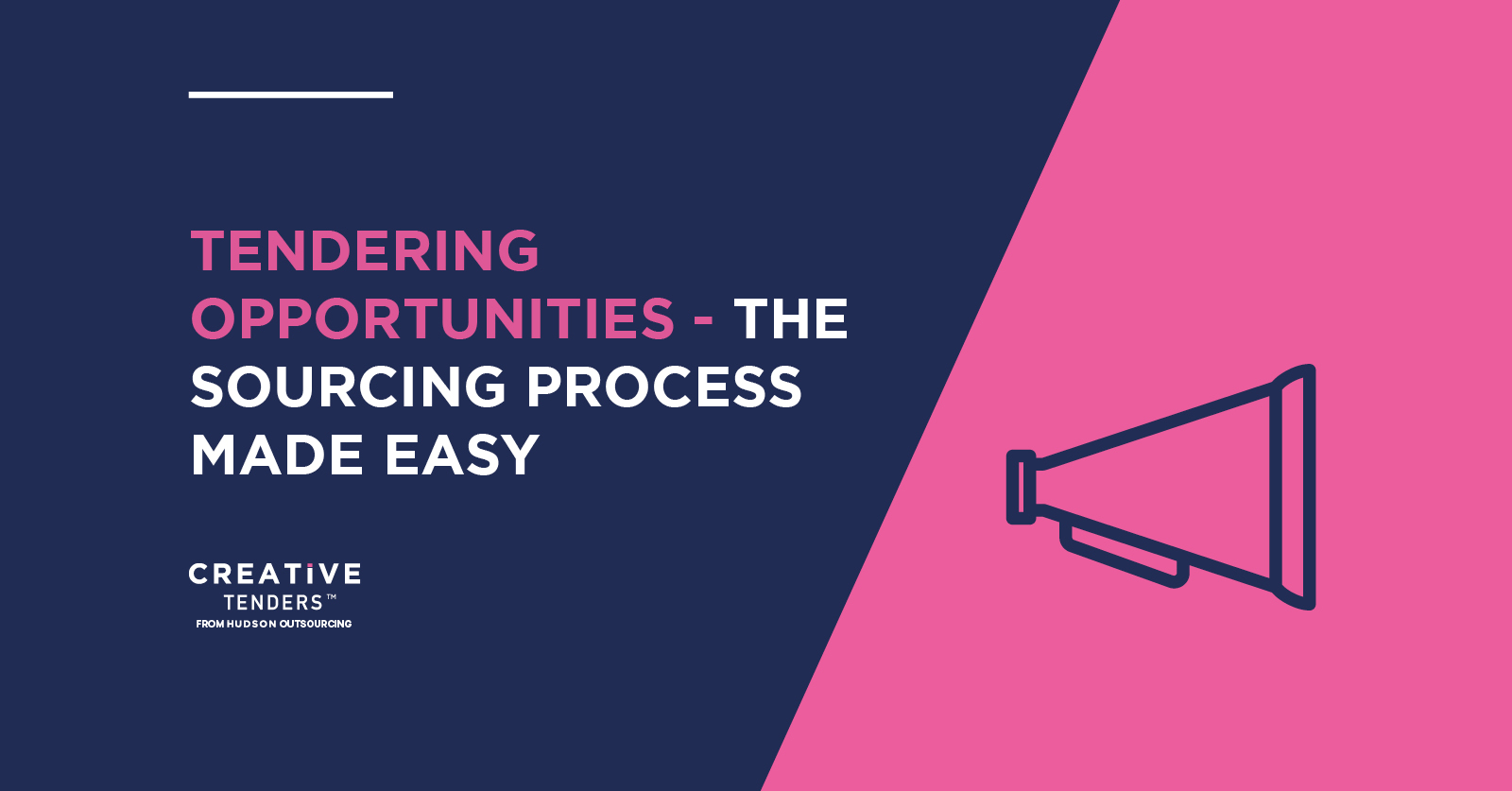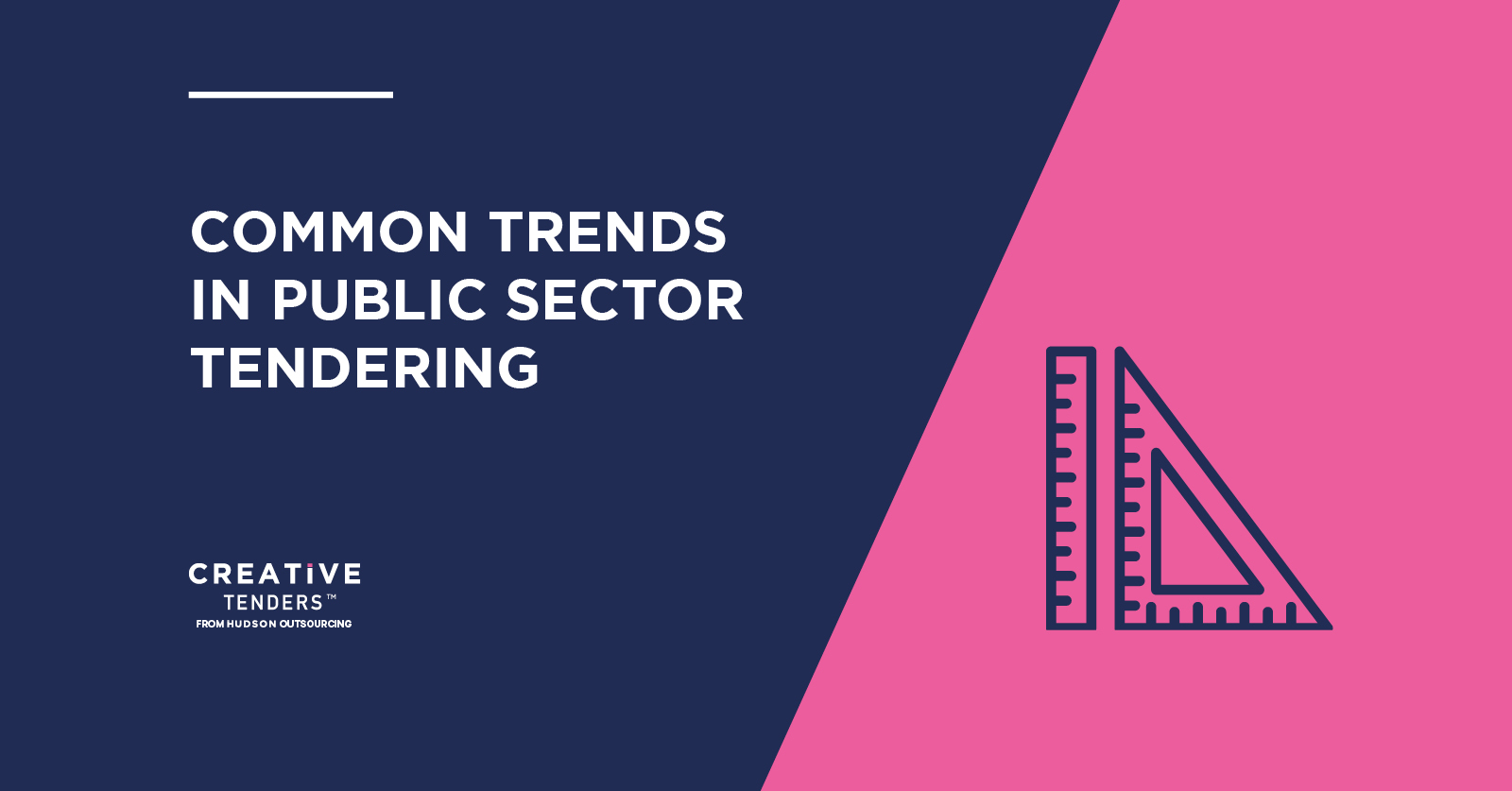Introduction
In the fast-paced world of PR, marketing, and video production, securing new contracts is essential for business growth. But with countless tenders released daily across multiple platforms, keeping track of the best opportunities can be overwhelming. Missing a tender could mean losing out on a lucrative project. So, how can creative professionals ensure they stay ahead of the competition?
Creative tenders are the ultimate solution. It simplifies tender tracking by bringing all PR, marketing, and video production opportunities into one convenient platform. Whether you’re a freelancer, agency, or in-house team looking to expand, this tool will help you stay organized and win more work.
The Challenge of Tracking Tenders
Tenders for creative services are published across various sources, including government websites, private sector listings, and industry-specific portals. However, tracking them manually presents several challenges:
- Time-consuming process– Searching multiple websites daily eats into valuable working hours.
- Missed opportunities– Without a structured tracking system, tenders can slip through the cracks.
- Information overload– Sifting through irrelevant tenders is frustrating and inefficient.
- Complex eligibility criteria– Understanding the requirements for each tender can be difficult without centralised insights.
With these obstacles, creative businesses often find it hard to consistently secure new contracts. That’s where an efficient, all-in-one tender tracking platform like Creative Tenders makes a significant difference.
How Creative Tenders Streamlines the Process
1. Centralised Tender Listings
Creative Tenders aggregates all relevant tenders into a single, easy-to-use platform. This eliminates the need to search multiple websites and ensures that you never miss a potential opportunity.
2. Industry-Specific Filtering
Unlike generic tender portals, Creative Tenders is tailored specifically for PR, marketing, and video production professionals. You won’t have to wade through irrelevant contracts—just the ones that match your expertise.
3. Real-Time Alerts
Imagine receiving instant notifications for tenders that align with your services. Creative Tenders sends timely alerts so you can act quickly and submit proposals before deadlines.
4. Detailed Tender Insights
Each listing provides clear eligibility criteria, deadlines, budget estimates, and submission guidelines. With this information at your fingertips, you can determine which tenders best suit your business.
5. Save Time and Boost Efficiency
By automating the search process, Creative Tenders frees up time for you to focus on crafting compelling proposals and delivering high-quality creative work.
Who Can Benefit from Creative Tenders?
Freelancers
If you’re an independent consultant in PR, marketing, or video production, Creative Tenders gives you access to projects that align with your expertise, helping you secure consistent work.
Creative Agencies
Agencies looking to expand their client base can quickly find and apply for lucrative contracts, giving them a competitive edge in the market.
In-House Marketing Teams
Businesses with internal marketing teams can leverage Creative Tenders to identify partnership opportunities and secure outsourced work.
Startups and SMEs
For smaller businesses, winning tenders is a great way to establish credibility and scale operations. Creative Tenders levels the playing field by providing equal access to opportunities.
Best Practices for Winning PR, Marketing, and Video Production Tenders
To maximise your success with tendering, follow these proven strategies:
1. Understand the Requirements
Before applying, carefully review the tender documentation to ensure you meet all requirements, from qualifications to budget constraints.
2. Showcase Your Experience
Highlight past projects, case studies, and client testimonials that demonstrate your expertise and success in similar work.
3. Provide a Clear, Tailored Proposal
Avoid generic responses. Instead, tailor each proposal to the client’s specific needs, outlining how your approach aligns with their objectives.
4. Be Competitive with Pricing
While pricing isn’t the only factor, a well-structured, competitive bid increases your chances of winning. Consider offering flexible pricing models or value-added services.
5. Submit Before the Deadline
Late submissions are automatically disqualified. With Creative Tenders’ real-time alerts, you’ll always have enough time to prepare and submit your proposal.
6. Follow Up
After submitting your bid, follow up with the client to express interest and address any questions. This proactive approach can set you apart from competitors.
Why Creative Tenders is the Best Choice for Your Business
Exclusive Focus on Creative Sectors
Unlike general tender portals, Creative Tenders is designed specifically for PR, marketing, and video production professionals. This means you get access to high-quality, relevant tenders.
User-Friendly Platform
The intuitive dashboard allows users to filter tenders, track deadlines, and manage applications seamlessly.
Time and Cost Efficiency
Instead of spending hours searching for tenders manually, Creative Tenders delivers the most relevant opportunities straight to your inbox, saving you time and effort.
Regularly Updated Listings
New tenders are added daily, ensuring you always have access to fresh opportunities.
Proven Track Record
Many businesses and freelancers have successfully secured contracts using Creative Tenders. It’s a trusted platform that delivers real results.
Final Thoughts
Staying ahead in the competitive world of PR, marketing, and video production requires a smart approach to tender tracking. Creative Tenders simplifies the process, giving you instant access to opportunities, real-time alerts, and a streamlined application system—all in one place.
If you’re serious about growing your creative business and winning more tenders, now is the time to take action. With Creative Tenders, you’ll never miss an opportunity again, ensuring your business thrives in a competitive marketplace.
Make tender tracking effortless—let Creative Tenders help you secure more contracts today!













